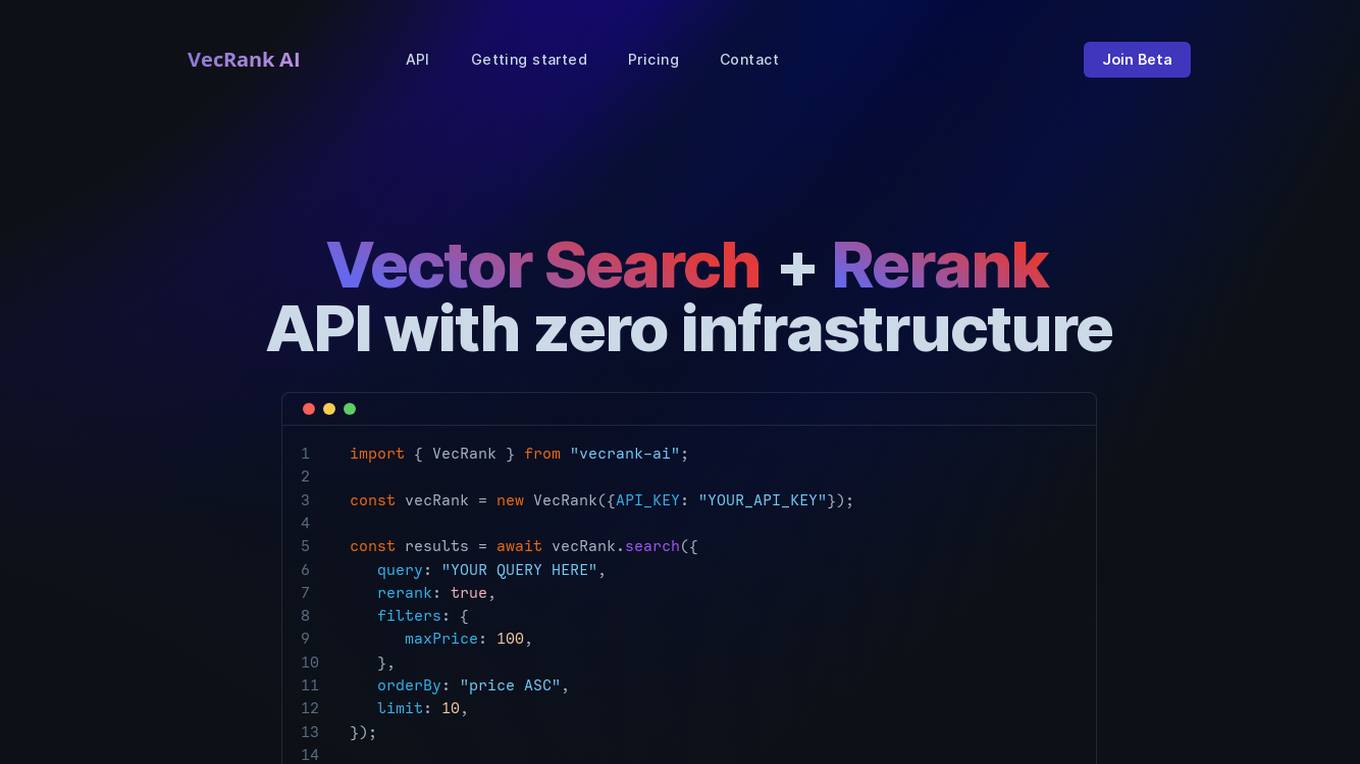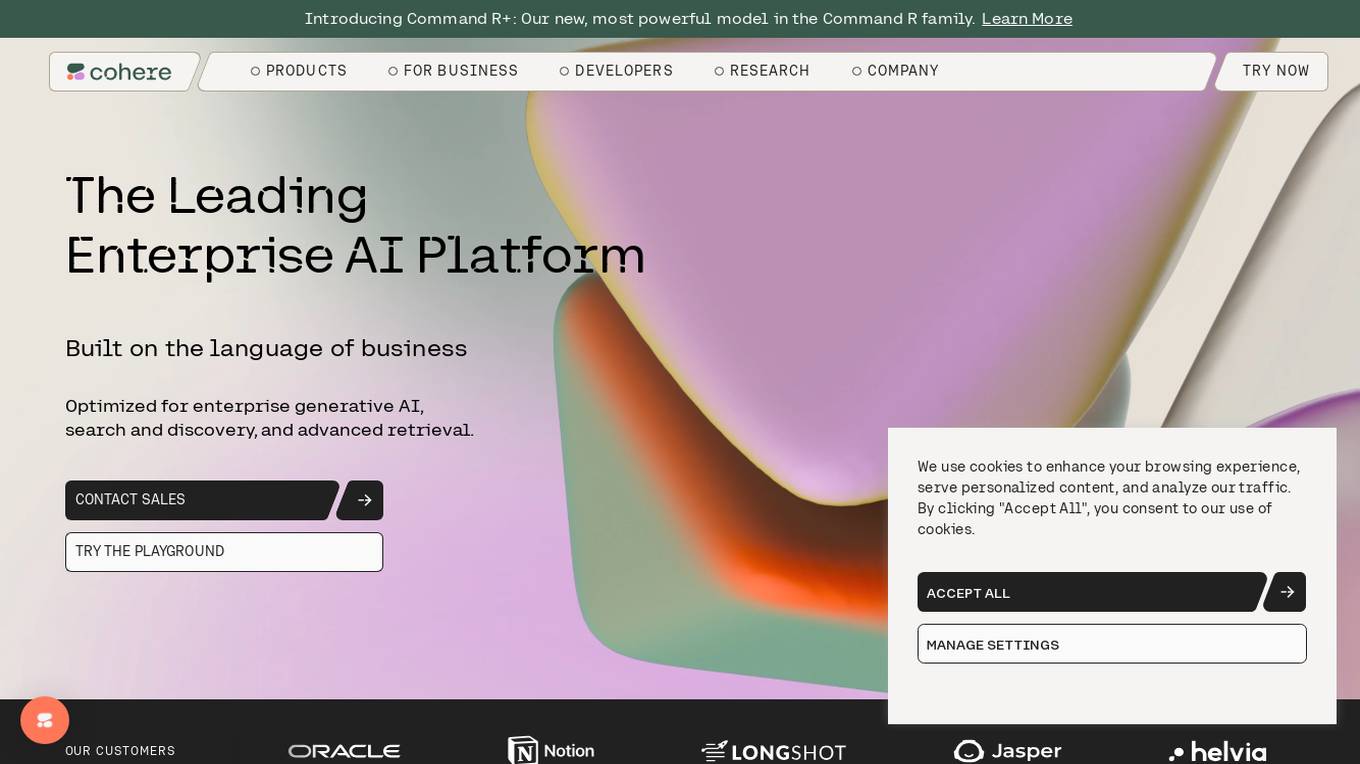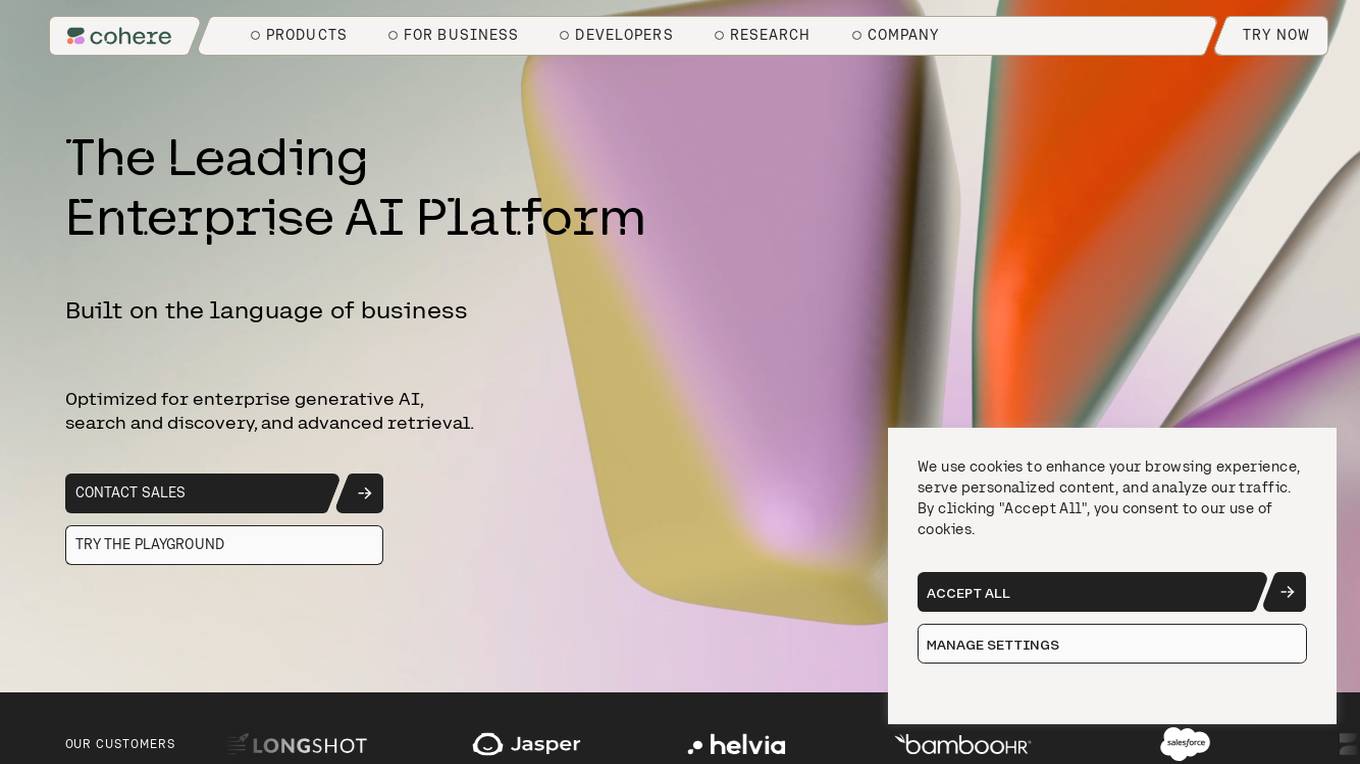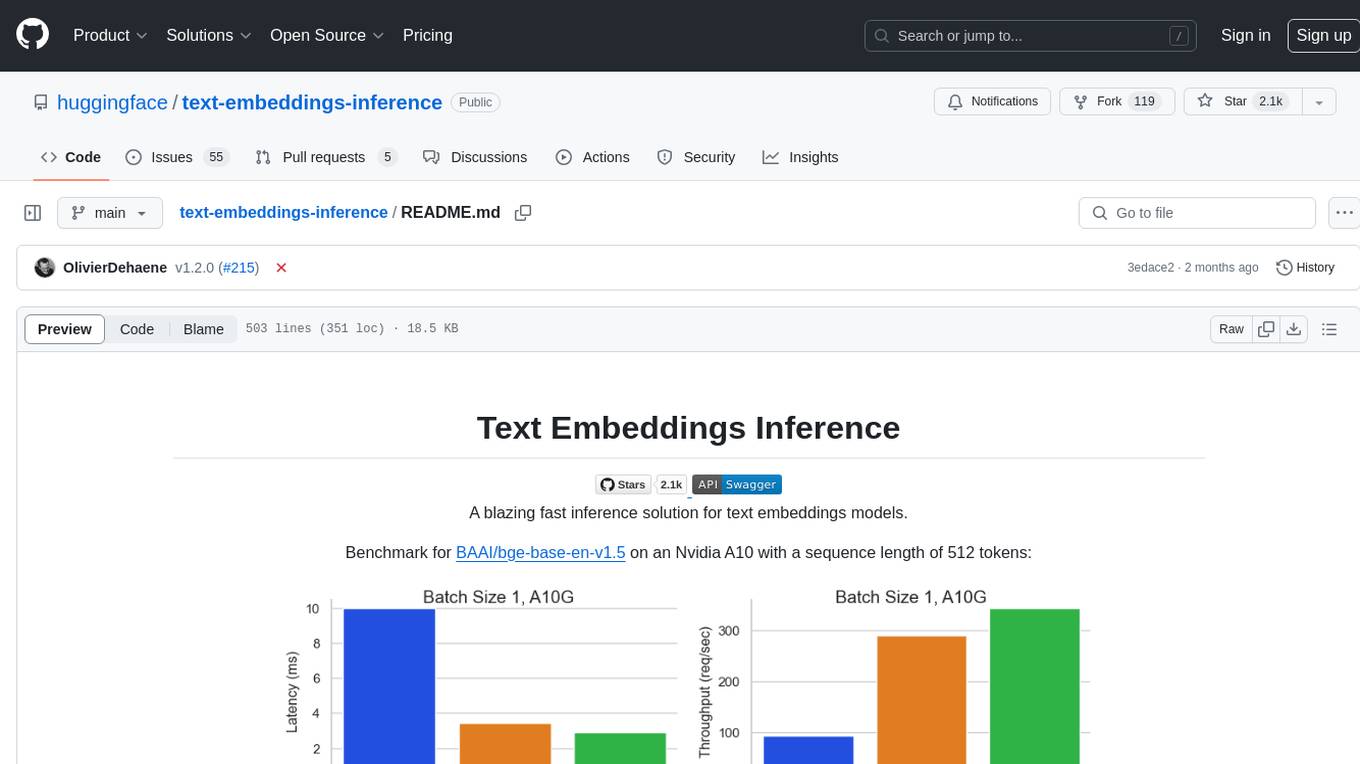Best AI tools for< Rerank Results >
4 - AI tool Sites

LangSearch
LangSearch is an AI tool that offers a free Web Search API and Rerank API, serving as the World Engine for AGI. It allows users to connect their LLM applications to access clean, accurate, high-quality context from billions of web documents, including news, images, videos, and more. The tool supports natural language search and provides enhanced search details for various content types.

VecRank
VecRank is an AI-powered Vector Search and Reranking API service that leverages cutting-edge GenAI technologies to enhance natural language understanding and contextual relevance. It offers a scalable, AI-driven search solution for software developers and business owners. With VecRank, users can revolutionize their search capabilities with the power of AI, enabling seamless integration and powerful tools that scale with their business needs. The service allows for bulk data upload, incremental data updates, and easy integration into various programming languages and platforms, all without the hassle of setting up infrastructure for embeddings and vector search databases.

Cohere
Cohere is the leading AI platform for enterprise, offering products optimized for generative AI, search and discovery, and advanced retrieval. Their models are designed to enhance the global workforce, enabling businesses to thrive in the AI era. Cohere provides Command R+, Cohere Command, Cohere Embed, and Cohere Rerank for building efficient AI-powered applications. The platform also offers deployment options for enterprise-grade AI on any cloud or on-premises, along with developer resources like Playground, LLM University, and Developer Docs.

Cohere
Cohere is the leading AI platform for enterprise, offering generative AI, search and discovery, and advanced retrieval solutions. Their models are designed to enhance the global workforce, empowering businesses to thrive in the AI era. With features like Cohere Command, Cohere Embed, and Cohere Rerank, the platform enables the development of scalable and efficient AI-powered applications. Cohere focuses on optimizing enterprise data through language-based models, supporting over 100 languages for enhanced accuracy and efficiency.
1 - Open Source AI Tools

text-embeddings-inference
Text Embeddings Inference (TEI) is a toolkit for deploying and serving open source text embeddings and sequence classification models. TEI enables high-performance extraction for popular models like FlagEmbedding, Ember, GTE, and E5. It implements features such as no model graph compilation step, Metal support for local execution on Macs, small docker images with fast boot times, token-based dynamic batching, optimized transformers code for inference using Flash Attention, Candle, and cuBLASLt, Safetensors weight loading, and production-ready features like distributed tracing with Open Telemetry and Prometheus metrics.